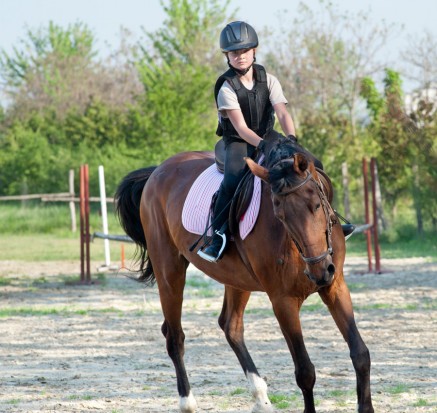
Similar to people, dogs are individual in the way they age. Certain breeds, mixed breeds, and generally, smaller pups tend to live longer. A dog less than 20 pounds may not show any signs of aging until it is 12 years old. Whereas, a 50 pound dog won't seem old until about 10. Then there are larger dogs which begin to show their age at 8 or 9.
We all need to know our dogs and be aware of when our pups are in need of a little extra care. This is particularly true when it comes to traveling with an older dog. Before hitting the road with your senior pup, be sure to take note of these important tips.
Health Records: It's always important to have access to your pet's health records when traveling. However, with older dogs generally come more health issues and a thicker medical file! Be sure to either bring along their medical records or utilize a service which provides online medical record access for pets.
In/Out of Vehicles: One of the biggest issues with aging dogs is arthritis, particularly in larger breeds. Getting in and out of the vehicle becomes a bigger challenge. There are many products available to help you in getting your pet safely in and out of the vehicle rather than you breaking your back lifting your dog. There are a number of lightweight and durable pet ramps that are excellent options particularly for SUVS. In addition, special harnesses are available which allow you to assist your pup in getting in and out of your vehicle.
Safe & Comfy Ride: Like people, when dogs age they tend to become a bit more fragile. So, it's important to make sure they're properly restrained in the vehicle to prevent injury and equally important that they have a comfortable place to ride. If you have a larger dog traveling in the cargo area of your vehicle, a vehicle pet barrier or a travel crate is recommended to properly restrain your pet. Make sure that you equip the travel crate or cargo area with a cushy pet bed back for them. Smaller dogs can be properly secured and comfortable with a pet car seat.
Sensitive Tummies: Older pups typically have more sensitive stomachs. Therefore, be sure to pack enough of their regular dog food for the trip. Refrain from feeding them fast food for people along the way. In addition, it's very important to adhere to their routine feeding schedule. All dogs love routine!
Potty Breaks: There's nothing worse than holding it, especially for an older bladder! Frequent pit stops are recommended to let your aging dog relieve themselves as needed.
Following some common sense rules of the road will help ensure that your senior pup has a happy and safe trip.
Kim Salerno is the President & Founder of TRIPSwithPETS.com. She founded the pet travel site in 2003 and is an expert in the field of pet travel. Her popular pet travel site features pet friendly hotels & accommodations across the United States, along with other helpful pet travel resources. Her mission is to ensure that pets are welcome, happy, and safe in their travels.
 A Look At Chicken Coop Designs And Plans
Why would you want to bother yourself with searching fo
A Look At Chicken Coop Designs And Plans
Why would you want to bother yourself with searching fo
 Getting The Most Out Of Your Riding Lessons
Getting The Most
Getting The Most Out Of Your Riding Lessons
Getting The Most
 Six Health Conditions Behind Unexplained Canine Weight Gain
Six Health Condit
Six Health Conditions Behind Unexplained Canine Weight Gain
Six Health Condit
 5 Types Of Hernia Commonly Seen In Dogs
5 Types Of Hernia
5 Types Of Hernia Commonly Seen In Dogs
5 Types Of Hernia
 Why Do Dogs Twitch When They Are Sleeping?
Why Do Dogs Twitc
Why Do Dogs Twitch When They Are Sleeping?
Why Do Dogs Twitc
Copyright © 2005-2016 Pet Information All Rights Reserved
Contact us: www162date@outlook.com